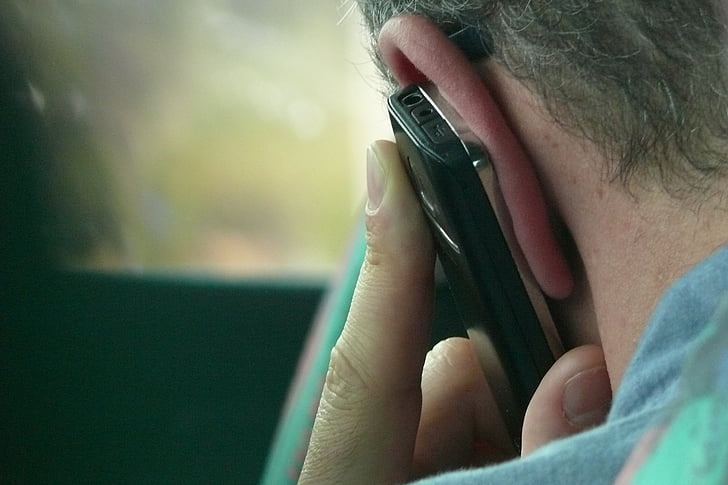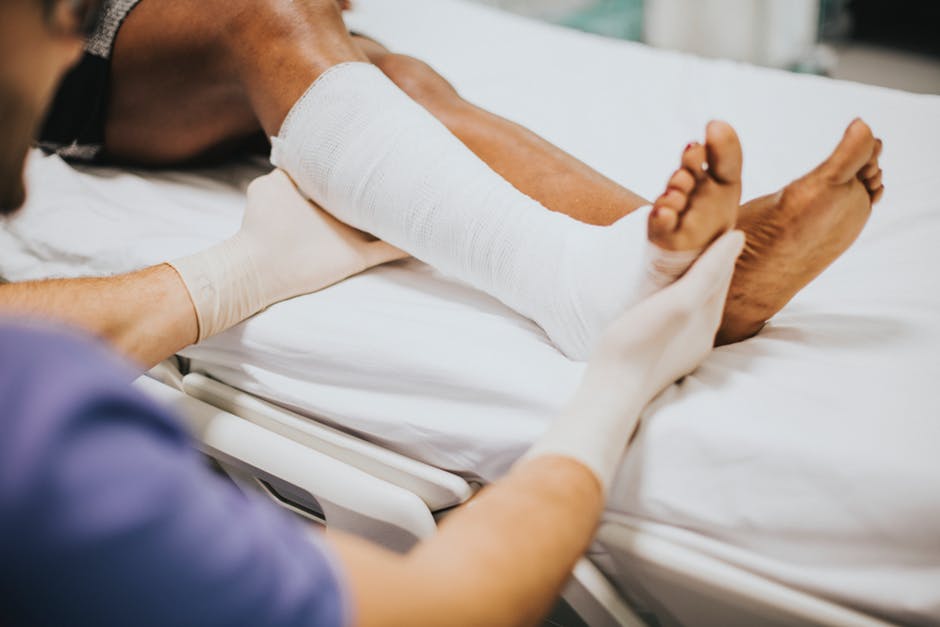The Covid-19 virus swept across the globe, demanding more medical assistance than some nations, including the United States, were ill prepared for. According to NPR about 71,000 people have been tested in the U.S. alone. States like Georgia do not have enough testing kits, with many primary care healthcare centers closing their doors until further notice, further limiting access to healthcare.

Providers of healthcare services are, naturally, overwhelmed. To remedy the problem of access to quality healthcare while practicing social distancing, providers are getting creative and using alternative methods that will allow them to continue providing quality care. While some healthcare providers have turned to drive-thru facilities, many others have taken to telemedicine.
What is telemedicine?
Healthcare providers are turning to telemedicine in order to provide care to patients while exercising safety precautions mandated by the Centers for Disease Control, World Health Organization, and other medical organizations. But what exactly is telemedicine?
Telemedicine is the use of various electronic communications and software to provide clinical services to patients without the need for an in-person visit. The “online only” healthcare services allow patients to confer with their doctor via video conference, telephone, or direct messaging, depending on the care needed and what’s best for both parties.
How has the healthcare industry adapted to telemedicine?
As hospitals and public officials urge people with symptoms of Covid-19 to avoid emergency rooms, the demand for telemedicine has grown tremendously. Many private health insurance companies are allowing telemedicine screenings to be covered in their plans for free. Medicare has even been authorized to cover telemedicine, which is an excellent option for the elderly and persons with compromised immune systems due to various chronic illnesses and autoimmune diseases such as Rheumatoid and Lupus.
Even with the increase in demand for telehealth, there are still concerns regarding privacy with providing care. The American Medical Association developed a quick guide for physicians that provides standards and precedent to follow going forward. Also, actions taken by the Health and Human Services (HHS) Office for Civil Rights (OCR) and the Centers for Medicare & Medicaid Services (CMS) in response to Covid-19, have aided in having some federal privacy regulations loosened.
Some states are allowing medical license flexibility in providing telehealth care. Whereas the general policy regarding a medical practitioner being licensed in the state where the patient is located, the CMS has waived the requirement for Medicare patients. States will have to request a waiver for Medicaid patients.
According to the AMA, “the OCR, the HIPAA-enforcement arm of the HHS, will exercise ‘enforcement discretion’ and will not impose penalties for noncompliance with regulatory requirements during the ‘good faith provision of telemedicine services during the COVID-19 national public health emergency.”
How are outside brands working with the healthcare industry?
Direct to consumer telemedicine apps like HeyDoctor by GoodRx, Amwell, and PlushCare are stepping in to offer low cost, telehealth consultations and visits for the uninsured. Even wellness brands, Hims & Hers is offering virtual Covid-19 screenings which will have the potential to prevent more people from panicking and risking unnecessary exposure.
To better support healthcare providers, the wellness brands provide screenings for upper respiratory infections, sinitus, conjunctivitis, urinary tract infections, yeast vaginitis, fungal skin rashes, and many other ailments on their website.
Doctor on Demand and HeyDoctor both offer free Covid-19 risk assessments and, if the patient is identified as high risk, they will be directed to a doctor via video or phone.
Some telemedicine apps are looking for other ways to assist healthcare providers, including looking to offer at-home Covid-19 test kits. At-home testing company, Everlywell, released a supply of 30,000 test kits to healthcare workers.
The need for telemedicine will only continue to grow, even after Covid-19 has dissipated. It’s simply more convenient, especially to those with limited mobility and are in areas that lack enough healthcare facilities. Not to mention, busy patients who cannot make the set hours of a doctor’s office due to work, school, or familial obligations. Telemedicine is the game-changer we need to provide more care to more people who would normally not have access to care.
For more updates on the coronavirus pandemic, consult the World Health Organization (WHO) and Centers for Disease Control and Prevention (CDC).









